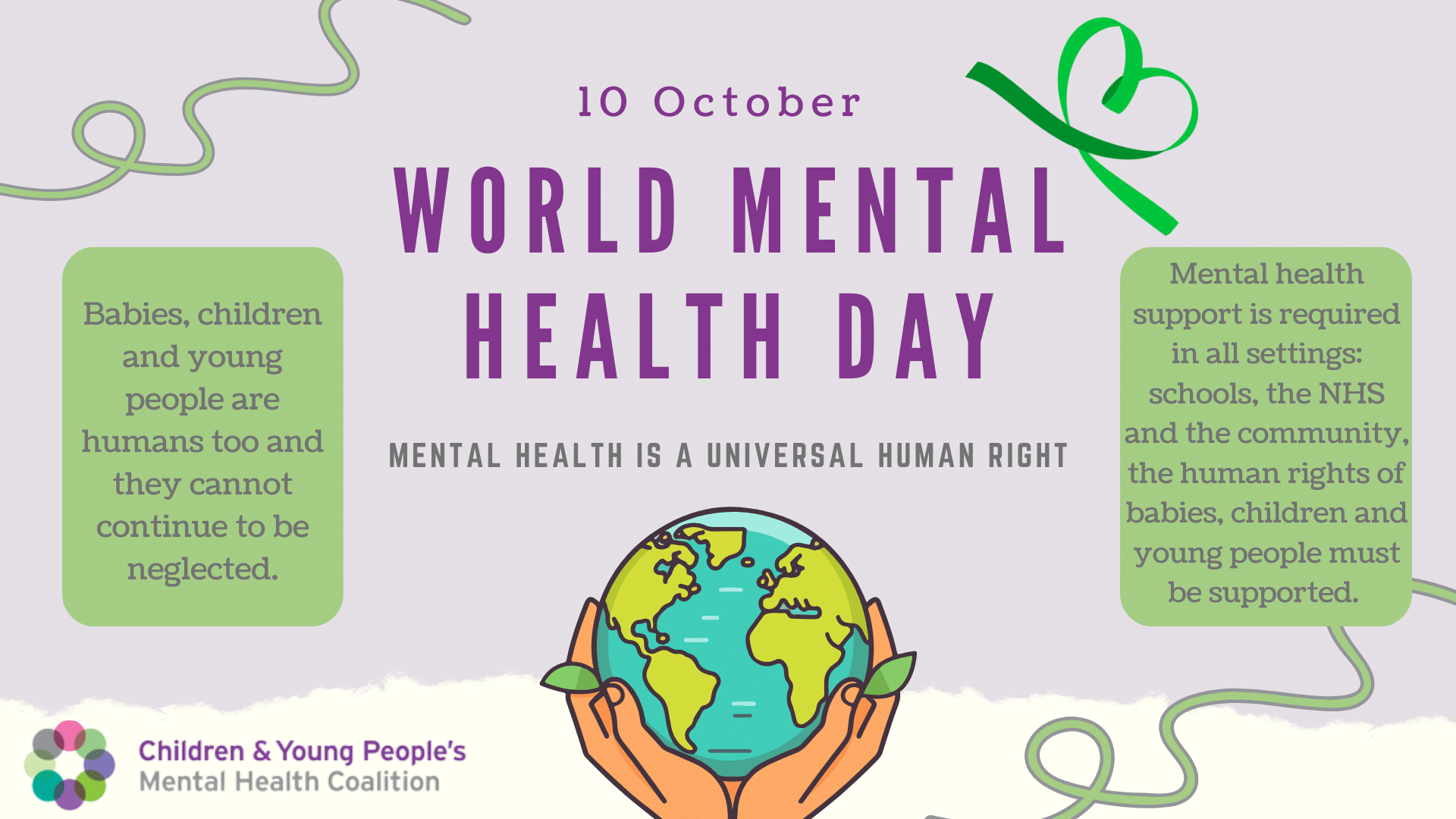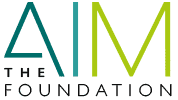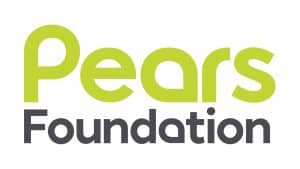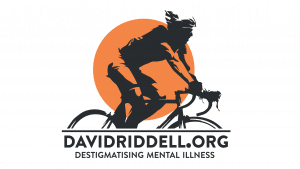World Mental Health Day takes place today (10th October) and the theme this year is ‘mental health is a universal human right’. The day provides an opportunity to raise awareness around mental health, highlight the positive work that people are doing across different sectors and create support for further change.
In this blog, Elsa Corry-Roake from Just for Kids Law reflects on what it means for children, particularly vulnerable children, in England when these rights are violated.
Just like anybody else, children have the right to the best mental health possible and should be supported to have positive mental well-being in all aspects of their life. These rights are enshrined in the United Nations Convention on the Rights of the Child (UNCRC) which the UK ratified in 1991. This means that the UK Government has promised to ensure that these rights are realised for all children. However, the pandemic and its aftermath, the cost-of-living crisis and over a decade of funding cuts to children’s services, mean that for many children these rights are often not being respected.
What does the UNCRC say about children’s mental health?
The UNCRC includes a number of articles that are relevant when talking about children’s mental health. Particularly important is the right to have the highest attainable standard of health and access to healthcare services (article 24) and the right to a decent standard of living that allows a child to develop fully – physically, mentally and emotionally (article 27). Children also have the right to receive information which helps to promote good mental health (article 17). Importantly the UNCRC is clear that all children should have their rights realised without discrimination of any kind (article 2).
The UN Committee on the Rights of the Child (UN Committee) is in charge of monitoring implementation of the UNCRC. It examines a country on how well it is respecting children’s rights roughly every five years and at the end of the examination it publishes its assessment called the Concluding Observations. This includes recommendations on how to further progress children’s rights in that country.
Children’s mental health in England
Despite the UK Government signing up to implement children’s rights over thirty years ago, many children, particularly children with Special Educational Needs and Disabilities (SEND), in poverty, LGBTQ+, Gypsy, Roma and Traveller, care experienced, young carers, and asylum seekers have poor mental health.
However, only around 1% of the NHS budget in England is spent on children’s mental health. Consequently, children face high access thresholds, rejected referrals, and long waiting lists. Over half of GPs say at least six in 10 referrals for children experiencing anxiety, depression and self-harm are routinely rejected by Child and Adolescent Mental Health Services (CAMHS) as their symptoms are not deemed severe enough. Due to this, children increasingly turn to A&E for support, with a tripling of A&E attendances by children with a psychiatric condition diagnosis in 2010-2019.
Those who are able to meet the CAMHS threshold face difficulties accessing ongoing mental health support when they turn 18, and are often pushed into the chronically underfunded adult system with sometimes devastating results.
Sadly, children are still admitted to adult wards with stays in inpatient wards for long periods of time, far from home. Black and mixed-race children accounted for 36% of young people detained in acute mental health services, despite making up 11% of the population, and just 5% of those accessing community based CAMHS.
Over the last five years, the UK Government have introduced several initiatives aimed to improve children’s mental health provision and recently committed to a Major Conditions Strategy, which will focus on the prevention of mental health issues, amongst other major health issues. However, it is unclear when this will be published and there are concerns that by combining various major health concerns into this strategy, it will dilute the Government’s focus on specialist mental health provision for children.
The UN Committee’s recommendations on children’s mental health
This year, it was the UK Government’s turn to be examined by the UN Committee. CRAE fed into the examination process by co-ordinating the civil society alternative report for England. The UN Committee’s Concluding Observations – which contained over 190 recommendations to the UK Government – identified mental health as a priority area where urgent measure must be taken: “the Committee is deeply concerned about the long waiting lists for children seeking mental health services and the large number of children with mental health issues, learning disabilities and autism placed in detention and adult psychiatric wards under the Mental Health Act 1983”.
Key recommendations from the UN Committee included:
- Reforming the Mental Health Act to ensure children aren’t placed in adult psychiatric units.
- Addressing the long waiting times for accessing mental health services and ensuring there are enough professionals to meet children’s mental health needs close to where they live.
- Funding specialist mental health services that are tailored to the needs of LGBTQ+ children, migrant children, children with disabilities and young carers.
- Addressing the overrepresentation of children belonging to minority groups, children with autism and children with learning disabilities in inpatient mental health care.
- Investing in preventative measures which address the underlying causes of poor mental health, eating disorders and other self-harming behaviours among children.
What next?
It’s clear that the UK Government is failing to respect the rights of some of the most vulnerable children in society – children with poor mental health. To address this, it must urgently address the UN Committee’s recommendations and as an immediate step, reduce the long waiting times for community-based mental health services for children of all ages.
CRAE will continue to work with its members to call on the Government to implement the UN Committee’s recommendations. In particular, we are calling on the Government to commit to producing a Children’s Rights Action Plan to set out a clear road map for how it will meaningfully ensure that rights are respected and upheld in all areas of children’s lives.
Elsa Corry-Roake is the Policy and Public Affairs Officer at CRAE and Just for Kids Law. If you’re interested in finding out more about CRAE’s work, please contact her at elsacorry-roake@justforkidslaw.org.
About the Children’s Rights Alliance for England (CRAE) and Just for Kids Law
The Children’s Rights Alliance for England (CRAE) was established in 1991 when the UK ratified the UN Convention on the Rights of the Child (UNCRC) and works with around 100 members to promote children’s rights and monitor government implementation of the UNCRC. CRAE is hosted by the charity Just for Kids Law which delivers legal advice and representation to vulnerable children, with a particular focus on children in contact with the criminal justice system.
If you would like to become a member of CRAE you can find out more here.






